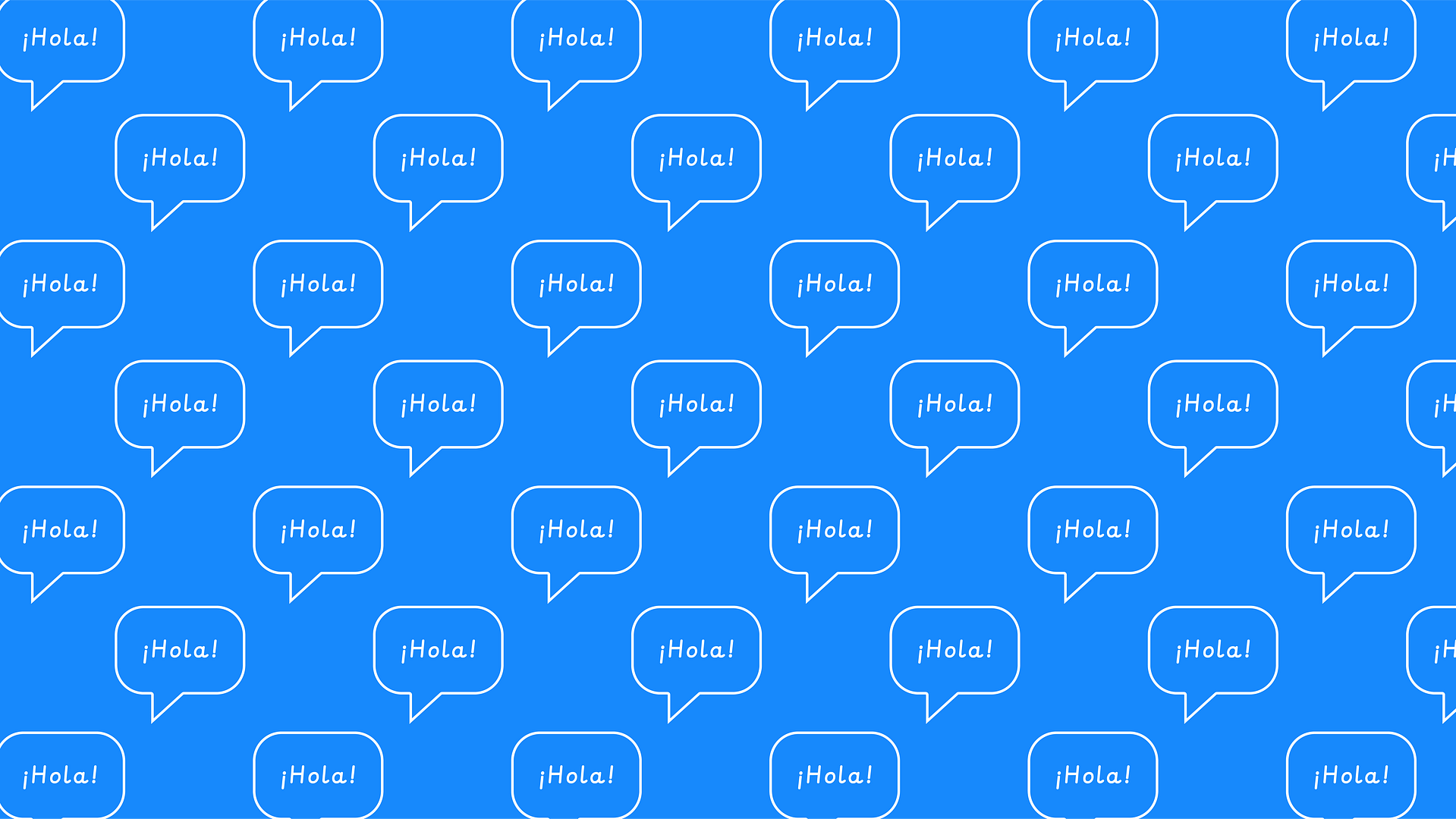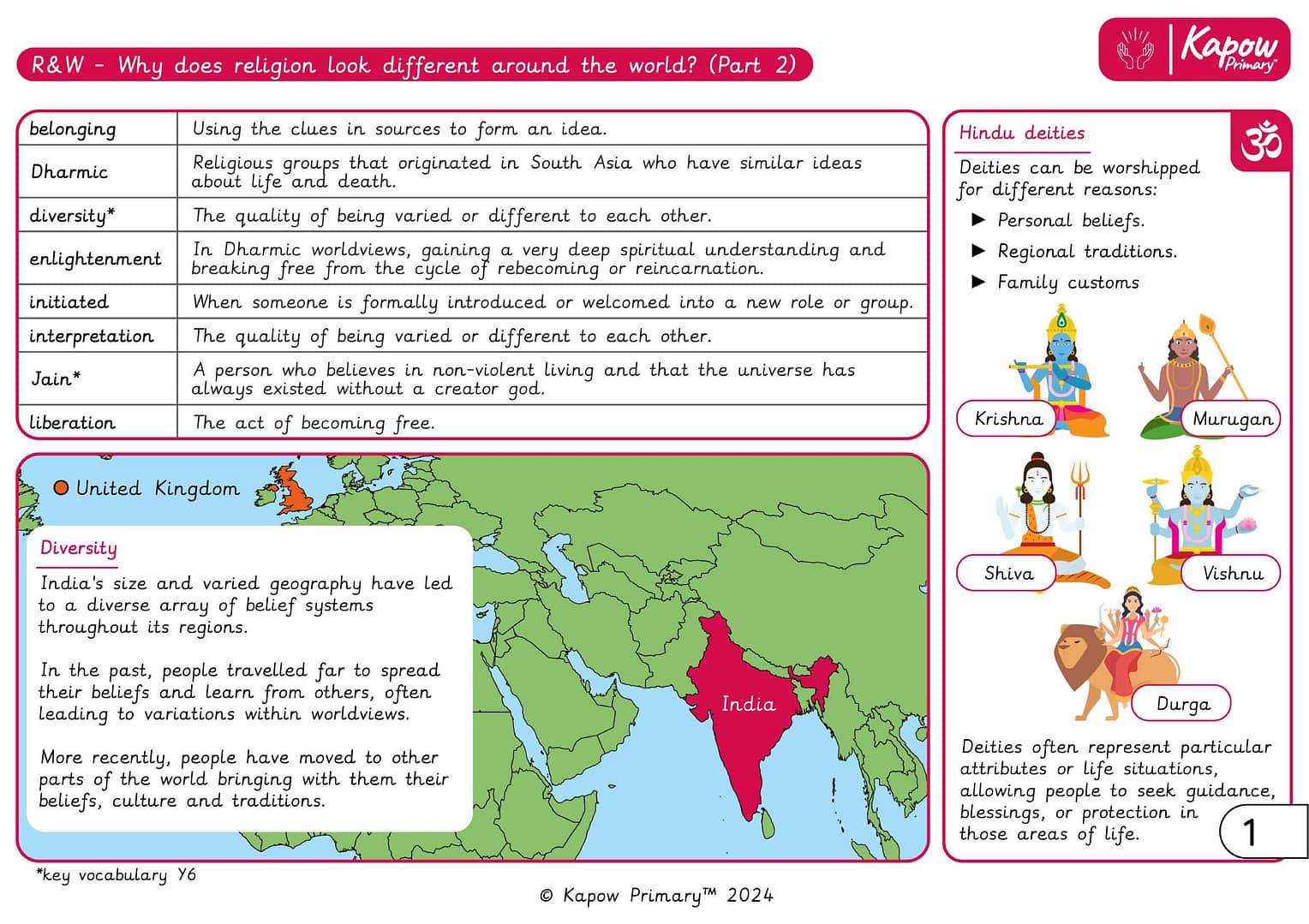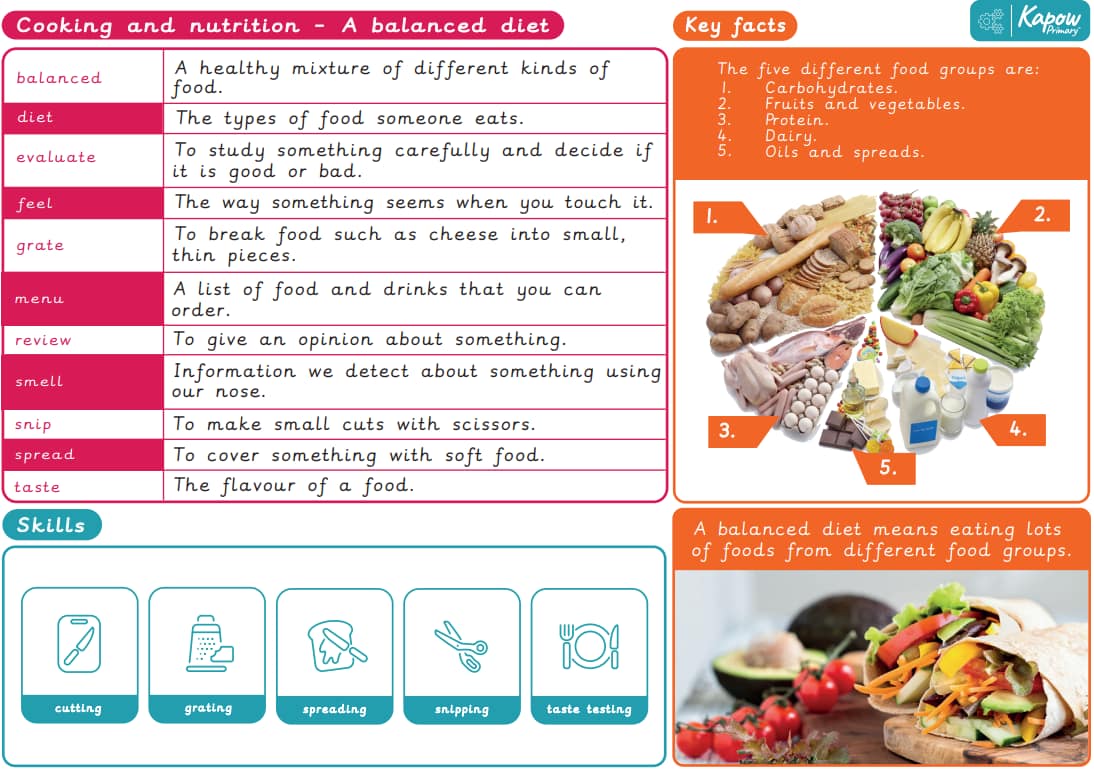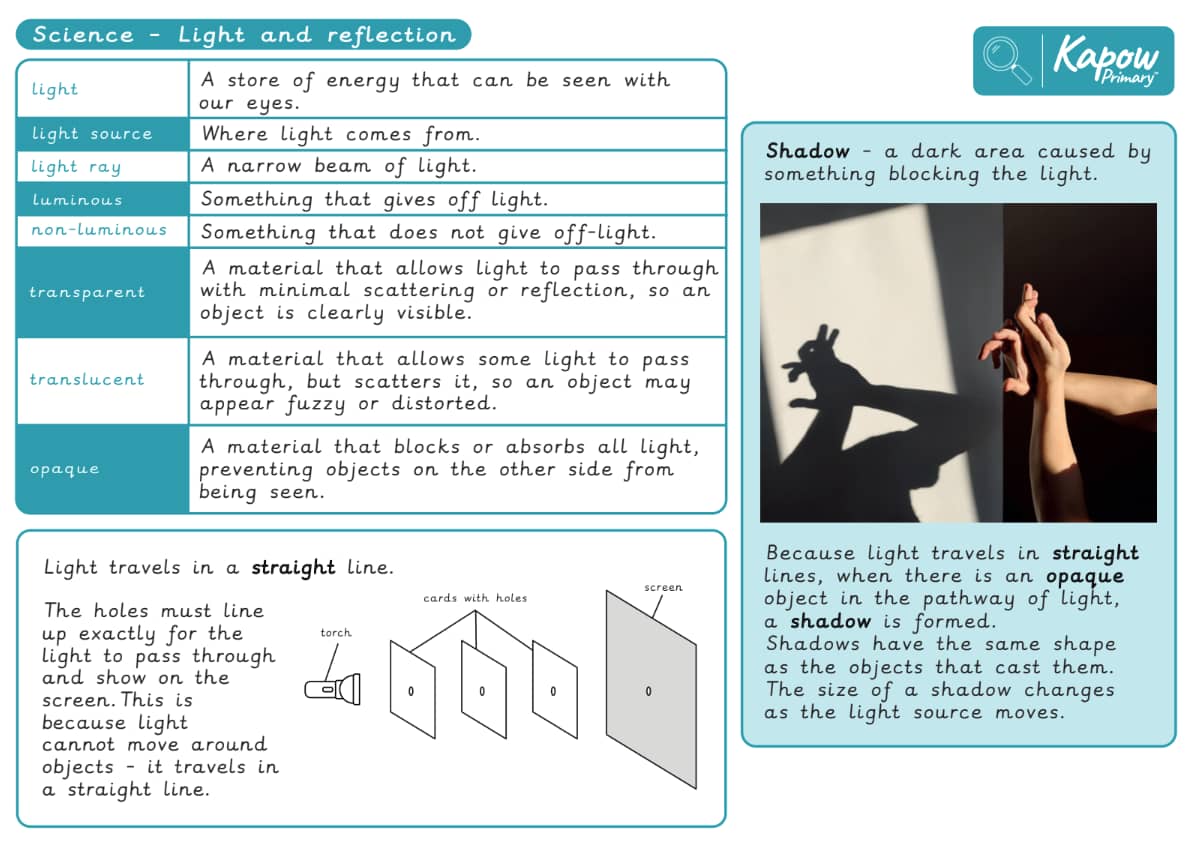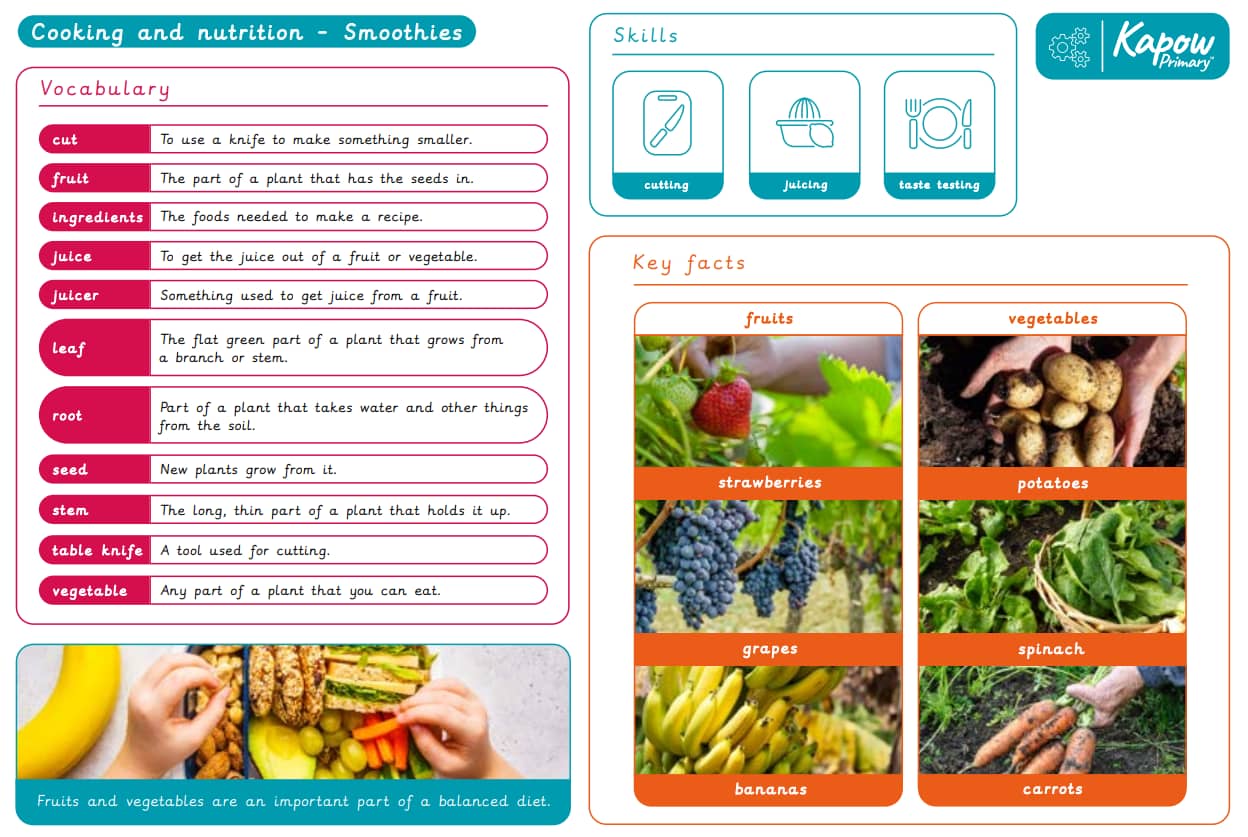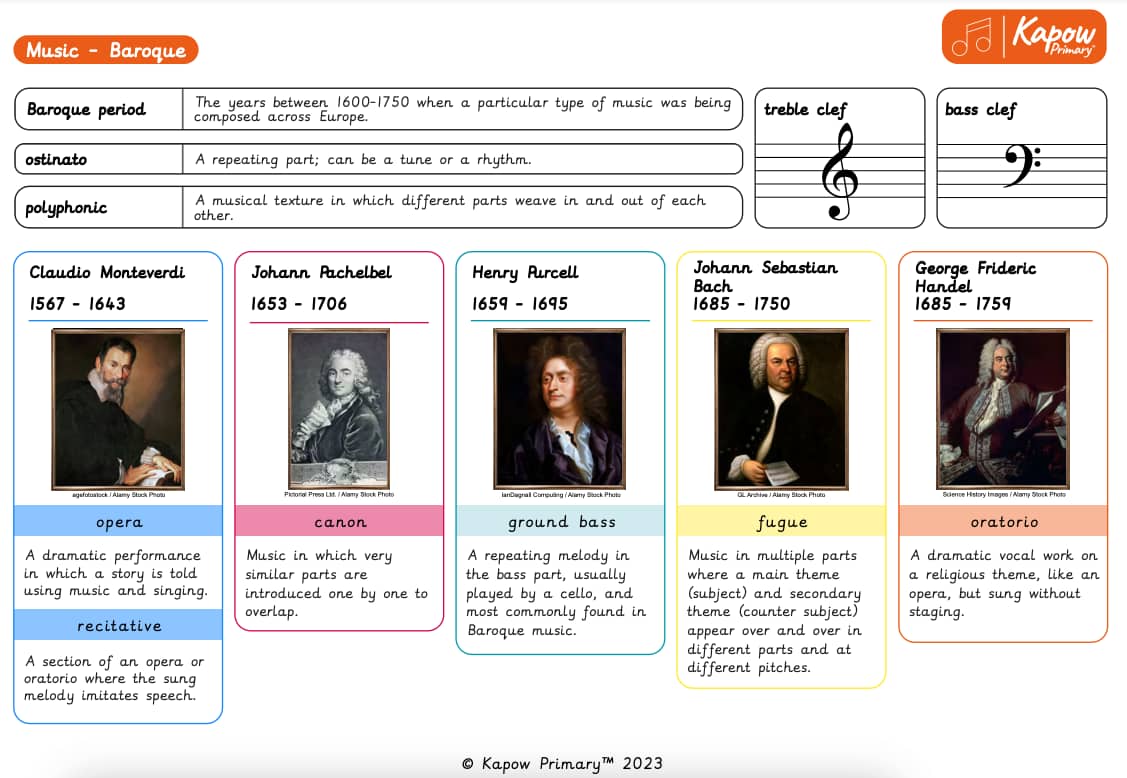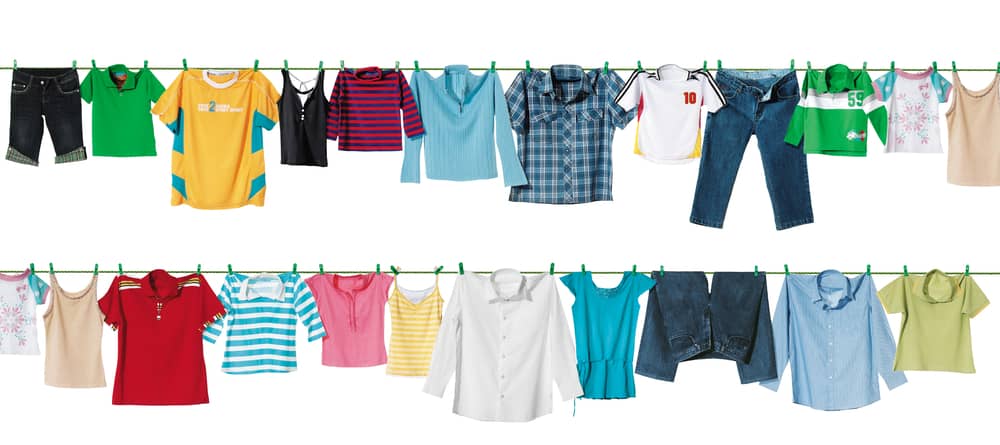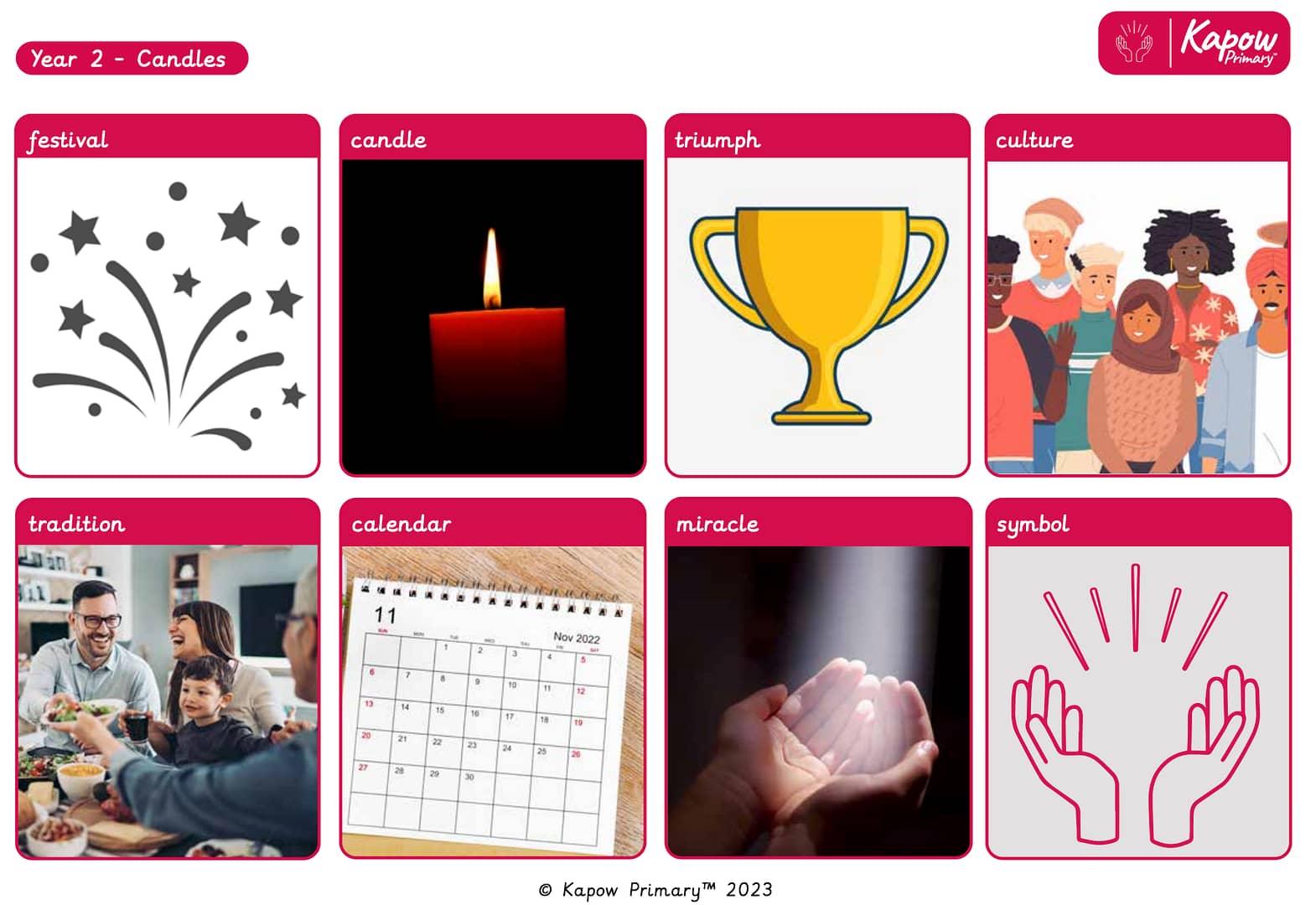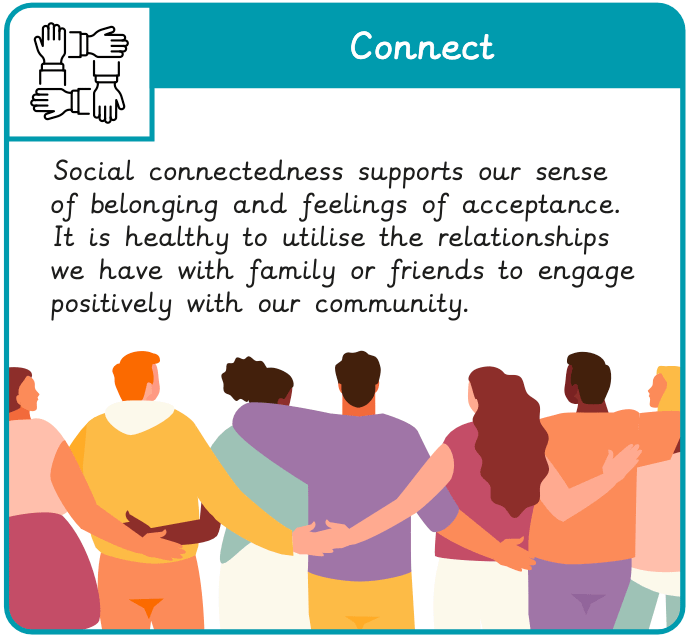Teaching resource: Knowledge organiser
Knowledge organiser – R&W Y6: Why does religion look different around the world? (Part 2)
Knowledge organiser – D&T Y2: Cooking and nutrition: Balanced diet
Knowledge organiser – Science Y6: Energy: Light and reflection
Knowledge organiser – D&T Y1: Cooking and nutrition: Smoothies
Knowledge organiser – Music Year 6: Baroque
A Knowledge organiser that captures the essential knowledge and skills learnt throughout the unit Music, Year 6, Baroque.
This Music resource is designed to support the pupils as they explore the characteristics and significance of Baroque music. It introduces key vocabulary such as ornamentation, continuo, harpsichord, dynamics, and concerto, helping the pupils understand the stylistic features of the Baroque period. The pupils will also learn about key Baroque composers, including Johann Sebastian Bach, George Frideric Handel, and Antonio Vivaldi, and how their music shaped this era.
Knowledge organiser: Spanish – Clothes
Knowledge organiser – R&W Y2: What do candles mean to people?
A Knowledge organiser that captures the essential knowledge and skills learnt throughout the unit Religion and Worldviews, Year 2, Candles.
This Religion and Worldviews resource is designed to support the pupils as they explore the significance of candles in religious and cultural traditions. It introduces key vocabulary such as light, celebration, symbolism, ritual, and festival, helping the pupils understand how candles are used to represent hope, remembrance, and spirituality. The pupils will also learn about the role of candles in different faiths, including their use in religious ceremonies and festivals.
Knowledge Organiser – Wellbeing Year 6
A Knowledge organiser that captures the essential knowledge and skills learnt throughout the unit Wellbeing, Year 6.
This Wellbeing resource is designed to support the pupils as they explore strategies for maintaining a healthy mind and body. It introduces key vocabulary such as resilience, self-reflection, coping mechanisms, emotional wellbeing, and mindfulness, helping the pupils develop an understanding of how to manage stress, build confidence, and support their own mental health. The pupils will also learn about the importance of positive relationships, self-care, and making informed choices for their overall wellbeing.

